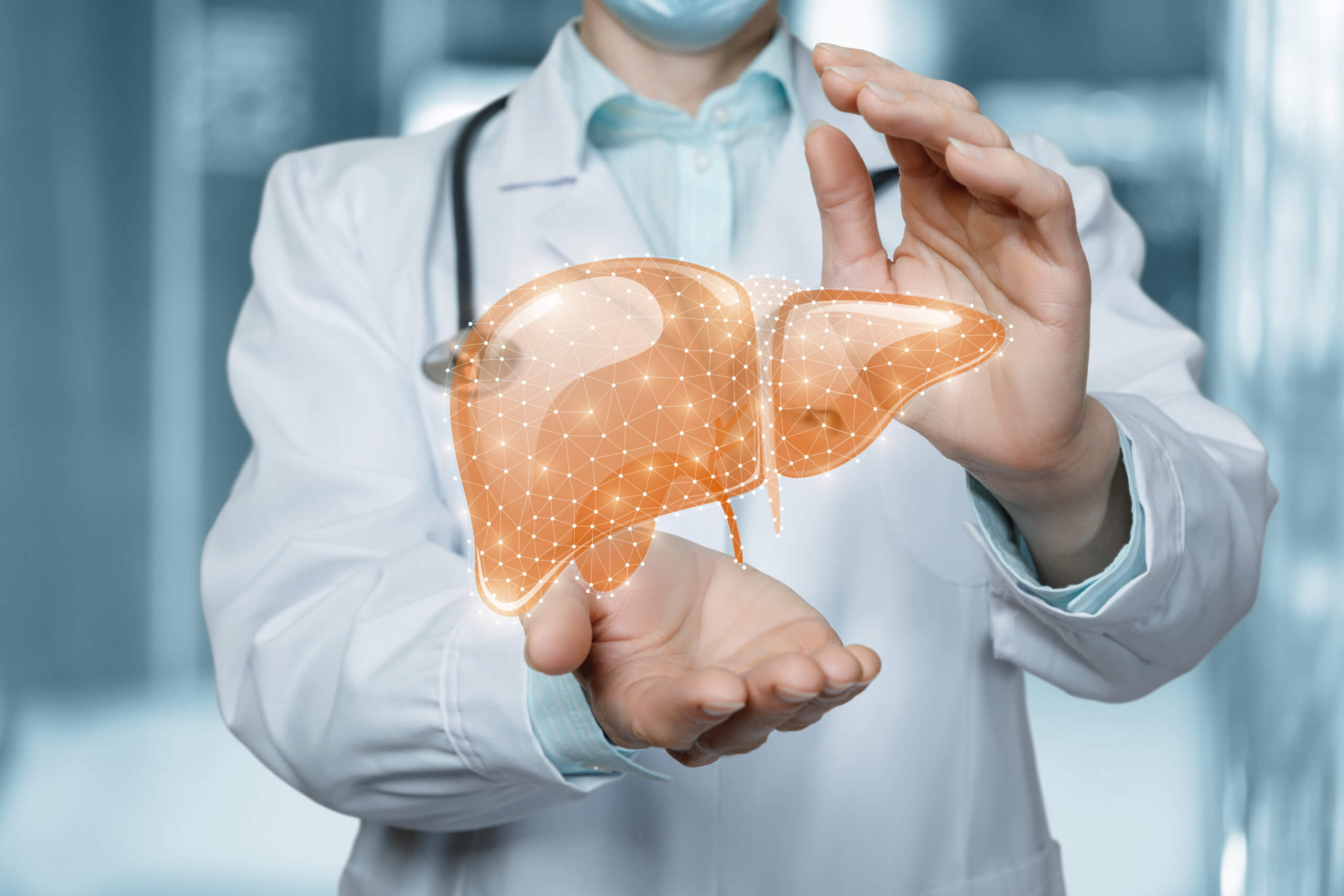The liver is one of the busiest organs in the human body. It’s about the size of a football, weighs in at three pounds, and you can’t live without it. The liver converts glucose to energy, manufactures hormones and immune factors, breaks down dietary fats, and much more. When it’s damaged, rapid tissue regeneration is vital. Scientists at the Salk Institute for Biological Studies in San Diego discovered that the use of reprogramming molecules can improve cell growth and speed liver regeneration.
“We are excited to make strides at repairing cells of damaged livers because, someday, approaches like this could be extended to replacing the whole organ itself,” says Juan Carlos Izpisua Belmonte, a professor in Salk’s Gene Expression Laboratory, in a statement. “Our findings could lead to the development of new therapies for infection, cancer, and genetic liver diseases, as well as metabolic diseases like nonalcoholic steatohepatitis (NASH).”
Previous research showed how four cellular reprogramming molecules, also called Yamanaka factors, slowed aging and improved muscle tissue regeneration in mice. For this latest study, the scientists tested the factors for their ability to increase liver size, improve liver function, and extend life in mice. The process involved partially converting mature liver cells back to “younger” states, which promotes cell growth.

Some of the factors can cause uncontrolled cell growth, as observed in cancers. To avoid that problem, Izpisua Belmonte’s team administered the Yamanaka factors for just one day. The team then tracked the activity of the partially reprogrammed liver cells by monitoring cell division for several generations. Nine months later, (about a third of the animal’s life span) none of the mice had tumors.
“Yamanaka factors are truly a double-edged sword,” says Tomoaki Hishida, associate professor at Wakayama Medical University in Japan. “On the one hand, they have the potential to enhance liver regeneration in damaged tissue, but the downside is that they can cause tumors. We were excited to find that our short-term induction protocol has the good effects without the bad—improved regeneration and no cancer.”
The scientists made another discovery while studying the reprogramming mechanism in vitro: A gene called Top2a, involved in liver cell reprogramming was highly active one day after Yamanaka factor treatment. Top2a encodes Topoisomerase 2a, an enzyme that helps break up and rejoin DNA strands. When the researchers blocked the gene, which lowered Topoisomerase 2a levels, there was a 40-fold decline in cellular reprogramming rates, limiting the production of young cells.
“There is still much work to be done before we can fully understand the molecular basis underlying cellular rejuvenation programming approaches,” says Izpisua Belmonte. “This is a requirement for developing effective and universal medical treatments and reversing the effects of human disease.”
